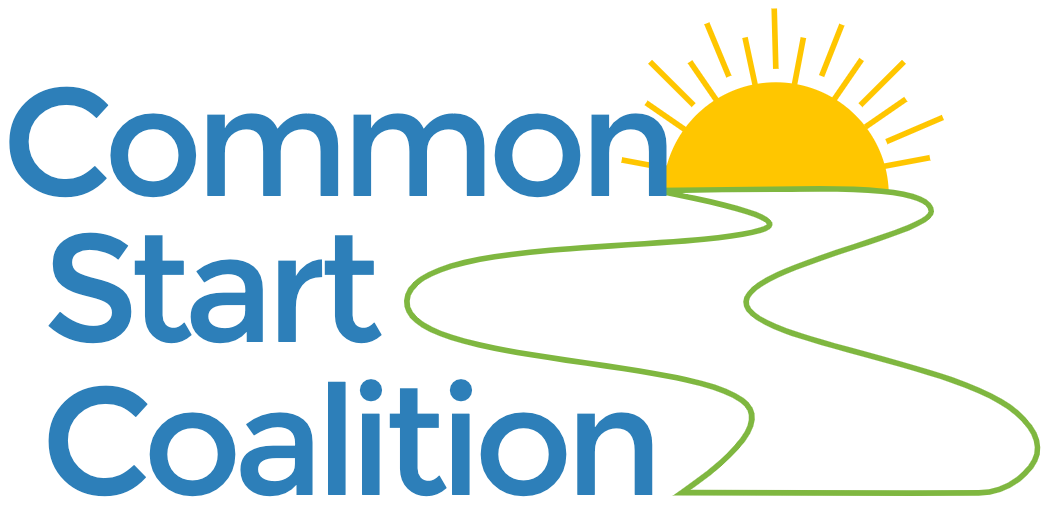Emmy E. - Parent
[Name changed at request of participant]
I always knew that having children would mean a substantial change to my standard of living, but never expected how hard I would struggle to make ends meet as a professional women with a salaried position. I had my one child in graduate school to avoid having to take time off work to have children, but acquired a significant amount of debt to so. I then decided to move back to the Southcoast of Massachusetts, where there aren't many job opportunities, in order to be closer to family who could share the childcare burden. Despite doing everything "right," childcare still took up 28% of my take-home pay. This isn't even considered an affordable amount to pay for housing, let alone childcare.
After my child was born, my husband re-entered depression and his addition to alcohol and other problems worsened. I needed out of the relationship but couldn't afford to get my own apartment while also paying for childcare. When my daughter was old enough to enter elementary school, I was finally able to escape. While there was emotional abuse, I can't imagine what its like for the women out there in this same financial situation who are dealing with much worse.
What would affordable, high-quality early education and child care mean for your family? What would be different if you had access to such a program?
Right now Massachusetts is contending with declining birth rates, which is already affecting the higher education industry and threatens to hurt other sectors of the economy and even our entire social safety net as fewer young people are around to financially support the largest group of retirees in our history. If child care was made affordable to everyone (and not even the so-called "middle class" can afford it), I may have had more children rather than stopping at one. Most of my family members that are my age have decided not to have children at all.
